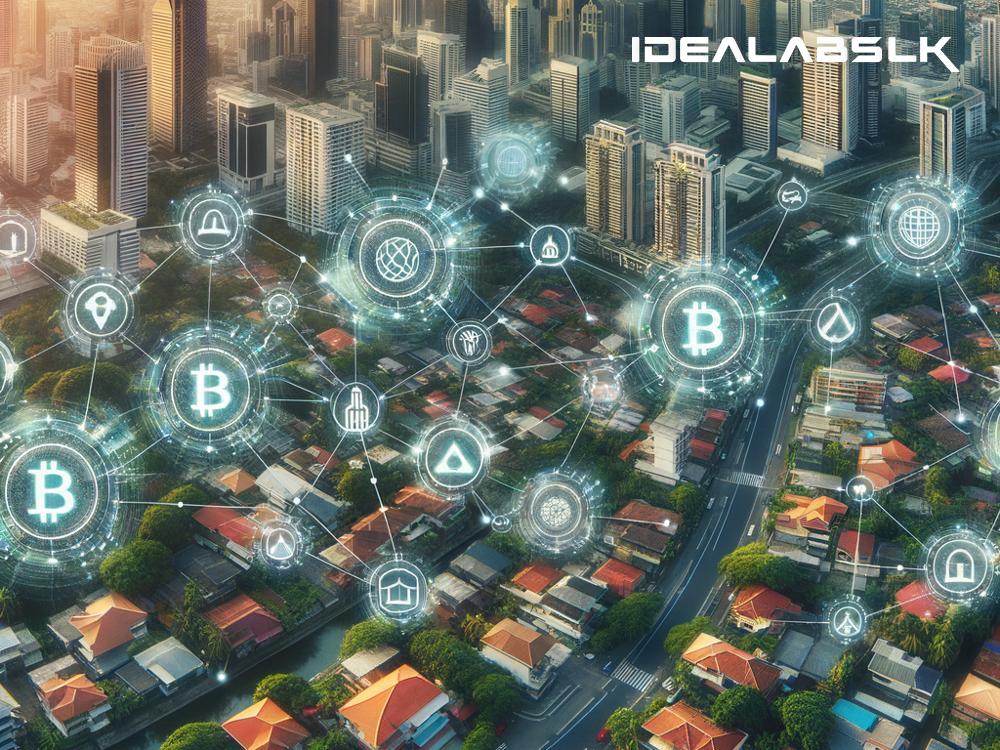Blockchain in Real Estate Payments and Settlements: Simplifying the Complex
Real estate transactions, with their complexities, elongated procedures, and layers of verification, have always been a labyrinth for the uninitiated. Imagine a world where buying a house or a piece of land doesn't involve heaps of paperwork, endless bank visits, and nail-biting waits for approvals. Sounds like a distant dream? Not anymore, thanks to the magic of blockchain technology. Let's dive into how blockchain is revolutionizing the realm of real estate payments and settlements, breaking it down into simpler terms for everyone to grasp.
Understanding Blockchain: A Brief Overview
Before we explore its impact on real estate, let’s quickly understand what blockchain is. Imagine it as a digital ledger - similar to a notebook, where you jot down your transactions but with superhero powers. This digital ledger is open for everyone to verify and is extremely secure due to cryptography. Once a transaction is recorded, it's nearly impossible to alter it, ensuring a high level of trust and transparency. This aspect of blockchain makes it a game-changer for various industries, real estate being one of the foremost beneficiaries.
The Traditional Real Estate Conundrum
Traditionally, buying or selling property is not only time-consuming but fraught with inefficiencies. From the initial agreement to the final settlement, the process involves multiple parties including banks, lawyers, and government registries. Each step requires verification, paperwork, and time, which can be cumbersome and expensive.
How Blockchain Simplifies Payments and Settlements
1. Speed and Efficiency
Blockchain can handle transactions far more quickly than traditional bank processes. In real estate, this means that the transfer of funds from buyer to seller can be completed in a matter of minutes or hours, rather than days. This efficiency eliminates the anxious waiting period often associated with property payments.
2. Reduced Costs
The involvement of various intermediaries in real estate transactions significantly contributes to the overall costs. By using blockchain, the need for some of these intermediaries is reduced or eliminated, leading to lower transaction costs. This is because blockchain’s transparent and secure nature obviates the need for certain verification processes traditionally carried out by humans.
3. Transparency and Security
Every transaction on the blockchain is recorded and easily verifiable by any party involved. This transparency builds trust among participants. Moreover, the security protocols of blockchain technology minimize the risk of fraud, making real estate transactions safer.
4. Streamlining Paperwork
Blockchain can store property records, agreements, and other essential documents securely. This capability not only simplifies access and retrieval but also greatly reduces the paperwork, making the settlement process smoother.
5. Global Transactions Made Easier
For international property deals, blockchain simplifies currency exchange and complies with differing international regulations more efficiently than traditional banking systems. This opens up the global market, making it easier for investors to buy and sell property abroad.
The Future Is Now
Several startups and established companies are pioneering blockchain solutions in real estate. These platforms offer everything from tokenization of property (dividing property into shareable digital units) to complete transaction management systems. Governments are also exploring blockchain for land registries to bring greater efficiency and transparency to public records.
Challenges Ahead
Though the potential is immense, blockchain in real estate is still in its early stages. Legal, regulatory, and technological hurdles need to be overcome. Additionally, there's a significant need for industry-wide standards and collaborations to make blockchain-based transactions the norm.
In Conclusion
Blockchain technology in real estate payments and settlements promises a future where transactions are faster, cheaper, and safer. As this technology continues to evolve and mature, we can expect the traditional barriers of real estate transactions to diminish, making property investment more accessible to a broader audience. Indeed, blockchain is set to redefine our concept of buying and selling property, painting a promising picture for investors, homebuyers, and the real estate industry at large. The future of real estate transactions, marked by efficiency and transparency, is not just a possibility - it's already taking shape.

